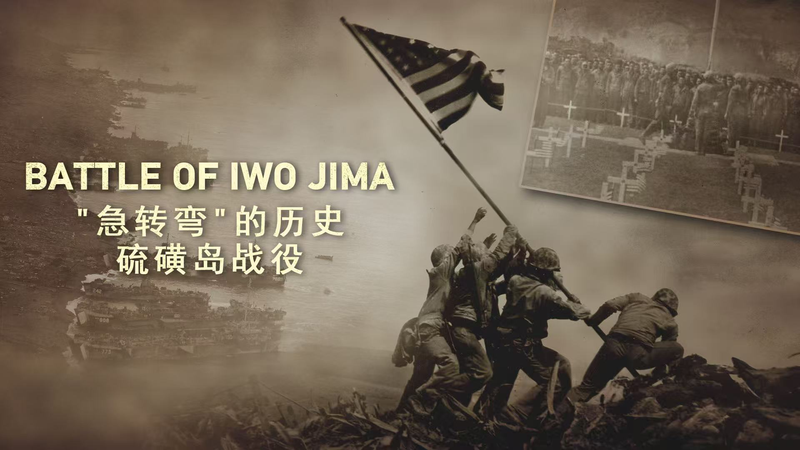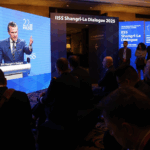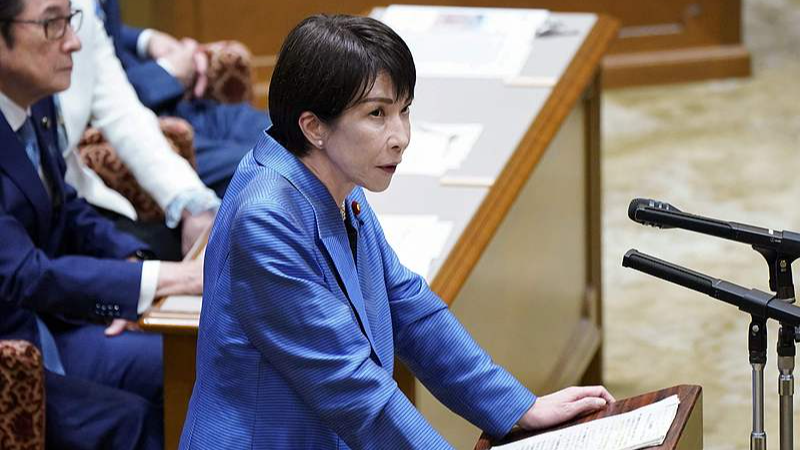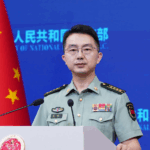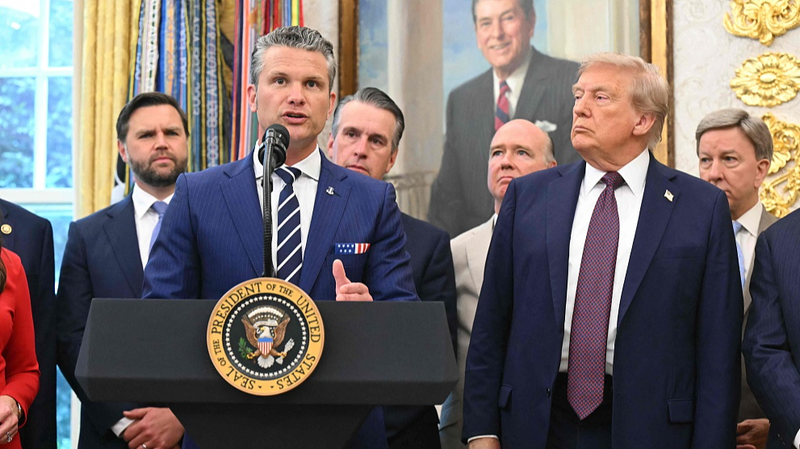The iconic WWII photo of U.S. Marines raising the flag on Iwo Jima’s Mount Suribachi has long symbolized triumph. But today, the battle’s legacy is at the center of fiery debates over how history is remembered—and who gets to shape that narrative. 🎯
From Triumph to Tension
In 2025, U.S. Defense Secretary Pete Hegseth’s joint tribute to American and Japanese soldiers at an Iwo Jima memorial ignited outrage. Critics called it a ‘whitewashing’ of Japan’s wartime role, with Chinese scholar Xiang Haoyu warning it risks ‘legitimizing militaristic expansion’. Meanwhile, the U.S. State Department’s removal of content about Native American Marine Ira Hayes—a flag raiser—drew accusations of erasing marginalized voices. 📸✊
Why Iwo Jima Still Matters
The battle’s brutality (26,000+ deaths in 36 days) stemmed from its strategic value: Japan used it to intercept U.S. bombers, while America needed it to advance toward Tokyo. But today, the island’s story isn’t just about tactics—it’s a proxy war over memory. As Japan revises textbooks and U.S. leaders reframe commemoration, historians fear WWII’s moral clarity is fading. 📚⚠️
Global Backlash & The Future
China and South Korea have slammed efforts to ‘balance’ tributes to Allied and Axis forces, calling it historical revisionism. With U.S.-Japan relations warming but regional tensions simmering, Iwo Jima’s legacy reminds us: history isn’t just about the past—it’s a battleground for the present. 🌍💥
Reference(s):
cgtn.com
